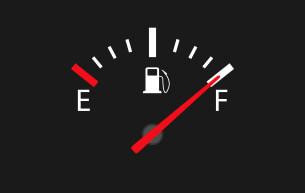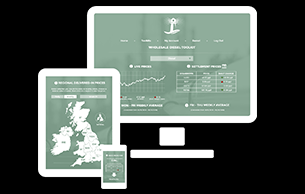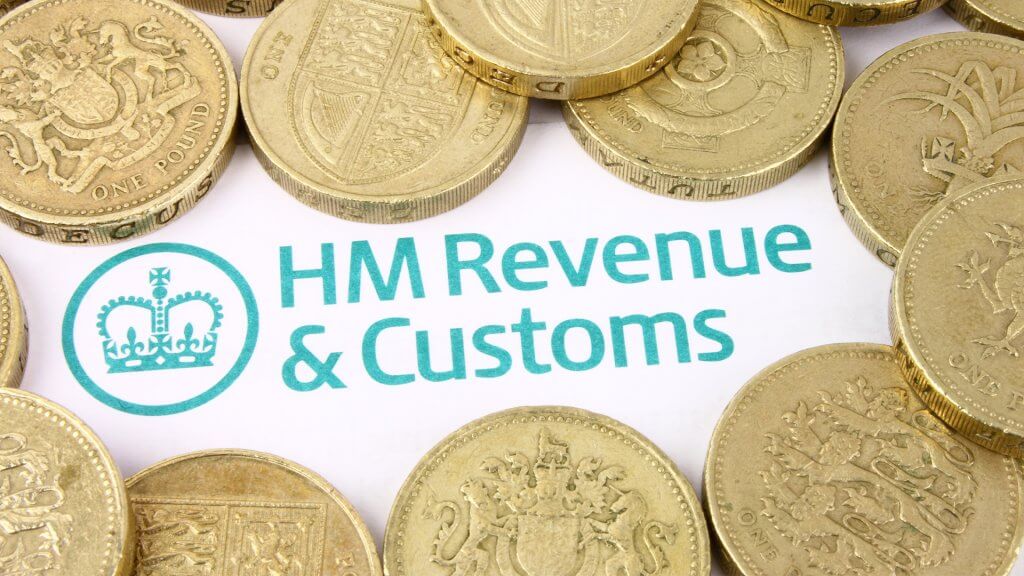
More than ever, we’re becoming increasingly aware of our impact on the planet. In particular, all eyes are on the transport industry and its emissions. Diesel in particular has been under the scope in terms of the amount of nitrogen oxide it creates when used to power our vehicles. As such, the UK government has planned to ban the sale of diesel and petrol vehicles by 2040 as part of a bid to improve the air quality of the nation.
Unsurprisingly, this has caused a surge of sales for electric vehicles. The market enjoyed a record year for sales in 2017, with an average of over 4,000 new registrations every month in the UK. This is a huge increase on 2013, where only 3,500 new registration took place for the whole year.
As the government continues to steer us down the path to electric and hybrid cars, what does the future of fuel really look like? Car servicing plans supplier, Lookers Group, explores further…
Charging points
Electric vehicles originally garnered criticism for the lack of charging points around the country. But could a transition towards electric and hybrid vehicles see us eventually wave goodbye to traditional fuel? In the past 12 months, our electric car charging infrastructure has evolved substantially to suit the lifestyles of many drivers. Following in the footsteps of other countries around the globe, like New Zealand who are rolling out easier-to-find charging stations, the UK has over 20 companies and organisations installing and running nationwide or regional electric car charging networks.
There are another 3,000 rapid charging points being installed all over the UK thanks to InstaVolt and ChargePoint’s deal back in May 2017. Some researchers have also claimed they could have developed an ‘instantly rechargeable’ method that recharges an electric battery in the same time as it would take to fill a gas tank – a solution to one of the biggest headaches of electric vehicles.
BP are also adding more rapid charging points at their fuel stations across the UK. Oil firms are also recognising the potential for growth into the battery-powered vehicle market. A decision that follows in the footsteps of their rival, Shell, who have already invested money in several electric car infrastructure companies to install charging points at their service stations. According to The Guardian, the British oil firm, BP, is also investing $5 million (£3.5 million) in the US firm Freewire Technologies, which will provide motorbike-sized charging units at forecourts to top up cars in half an hour. The chief executive of BP Downstream, Tufan Erginbilgic, commented: “EV charging will undoubtedly become an important part of our business, but customer demand and the technologies available are still evolving.”
2017 saw a record year for sales all around the world. In November 2017, global figures hit three million for the number of electric vehicles collectively on the roads – with China proving to dominate the market. Whilst oil firms such as BP expect the electric market to continue to rise, they hope the oil demand is not seriously affected – by cutting themselves a slice of the electric vehicle charging cake though, firms are covering their back if traditional oil demand does take a dip in line with the government’s plans to reduce harmful emissions and cut back on crude oil prices.
Fuel prices changing
The RAC have observed the up-and-down trend of fuel prices in the UK. Many factors have influence the economic state of fuel – from Brexit and harmful emissions to UAE conflict, fuel prices haven’t been steady for some time now – and a plan to eliminate petrol and diesel cars will not help steady the cost of fuel either. A fuel spokesman for the RAC, Simon Williams, stated that, “both petrol and diesel are now at their highest points for more than three years which is bound to be making a dent in household budgets”.
After a three-year high on petrol and diesel prices, stations are being encouraged to lower their prices. So far in 2018, three of the UK’s leading supermarkets have listened to the RAC’s call for lower fuel prices, and have reduced fuel prices by up to 2p per litre as of February 2018.
With Brexit looming closer, how will this change fuel prices? In 2014, the OPEC made a decision to increase the level of domestic fuel production in the UK, which led to a price drop to 98p in January 2016 — the lowest price of fuel per litre since the financial crisis in 2009. However, the UK still heavily relies on imported energy and fuel – around 38% of the UK’s total energy consumption is reliant on imported energy. Could our trading relationships be at risk after Brexit? And, of course, we must also consider how the uncertainty around the value of the pound could affect fuel costs following Brexit.
There’s also the matter of currency value to consider too. The value of the pound experienced an immediate fall of 20% against the dollar after the UK voted to leave the European Union – causing fuel prices to increase by around 10p per litre and experts to raise concern that Brexit could mark the end of cheap fuel in Britain. The combination of higher crude oil prices and the devaluation of the pound mean Britain should expect higher fuel prices become the norm.
There is yet to be a clear picture for fuel’s future. The cost of fuel looks to remain uncertain, though thing that appears to be for certain is that both the high fuel prices and attempts to improve air quality in the UK will have a positive impact on the EV market, with success forecast to continue to surge in the years leading up to 2040.


























